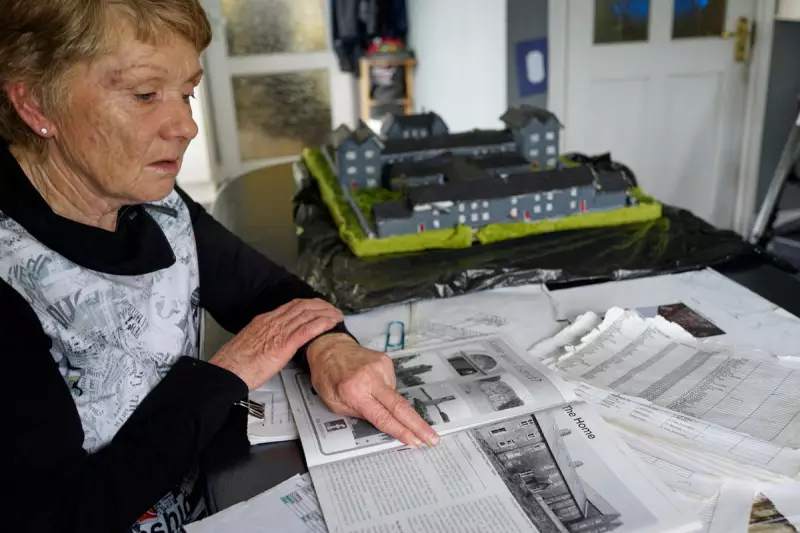
Former Irish Taoiseach Enda Kenny has delivered a scathing indictment of the Catholic Church's historical treatment of unmarried mothers in Ireland, describing it as a "brutal system" designed to inflict shame and suffering.
In a poignant address at University College Dublin, Kenny recounted the heartbreaking stories of women who were forcibly separated from their babies in mother-and-baby homes and Magdalene Laundries. "These institutions weren't about care," he declared. "They were about control, punishment, and the systematic erasure of human dignity."
A Nation's Reckoning
Kenny's speech comes as Ireland continues to grapple with the dark legacy of its 20th century institutional care system. Recent investigations have revealed shocking mortality rates in these facilities, with thousands of infants dying from neglect and malnutrition.
"The scale of what happened is almost incomprehensible," Kenny told the audience. "We're talking about generations of women who were told they were sinners, who had their children taken without consent, and who lived with this trauma for decades."
Call for Justice
The former leader, who famously became the first Irish prime minister to openly criticize the Vatican in 2011, called for:
- Full access to adoption records for survivors
- Proper compensation for victims
- A permanent memorial to honor those affected
"This isn't ancient history," Kenny emphasized. "The last Magdalene Laundry closed in 1996. There are women alive today who remember being called 'fallen' by the very people who should have protected them."
Church's Response
While some religious orders have apologized for their role in the system, survivors' groups argue these gestures ring hollow without concrete action. Kenny's speech has reignited debate about whether the Church should face legal consequences for its actions.
As Ireland continues to transform from a conservative Catholic society to a more secular nation, Kenny's words serve as both a condemnation of past wrongs and a warning against repeating them. "The measure of any society," he concluded, "is how it treats its most vulnerable."





